
When Jullian and I parted ways in the Heathrow Airport that morning, she was in tears. We were the last two of the 2015 Fulbright five to fly out of London. As I hugged my best friend goodbye, unaware of when I would see either her or London again, I wondered why the tears did not come. To my surprise, both my return to London and the tears came a year later.
Since receiving the Fulbright Summer Institute Fellowship to study at King’s College London, I have successfully completed my sophomore year at Washington and Lee University and worked as a human rights intern at the Equality and Human Rights Action Centre in Cluj-Napoca, Romania this past summer. My experience as a Fulbright Summer Institute Recipient allowed me to realize both goals.
At the beginning of my sophomore year, having just returned from an amazing summer abroad, I found myself experiencing reverse culture shock. I wondered how I could be homesick for London after visiting for only three short weeks. I was yearning for the freedom and creativity London offered and the sense of purpose with which I was filled as a Fulbright Summer Institute Fellowship Recipient. I came to realize that I could still embrace these newfound parts of my identity on Washington and Lee’s campus; and perhaps this is what the Fulbright Commission meant by having “a plan to give back to your home country upon returning.”
I was able to give back to my home country upon my return by keeping in mind three key life lessons I learned while in London.
Lesson 1: London showed me that so many beautiful things have already been created, and there are so many beautiful things I have yet to create.
Able to call myself a Fulbright Fellowship Recipient and King’s College London alumna, I found myself empowered upon my return home. After witnessing all the world had to offer, I finally decided to shed my self-doubt and embrace my ability to contribute to the world as a global citizen. This desire to contribute manifested itself as an attempt to bridge the gap between students on my campus. With the help of a group of talented individuals, I co-founded and now co-direct Friday Underground, which is the first sober social alternative on Washington and Lee University’s campus since the institution’s founding in 1749. Because of the leadership skills I refined in London, I was able to create something bigger than myself. Friday Underground, a weekly coffeehouse event that offers both a platform for student artists and a space for cross-cultural dialogue, is uniting Washington and Lee’s campus and will continue to do so even after I graduate.
Lesson 2: “The essence of intercultural education,” according to Senator Fulbright, “is the acquisition of empathy – the ability to see the world as others see it, and to allow for the possibility that others may see something we have failed to see, or may see it more accurately.”
Senator Fulbright’s quote, which is meant to be a guiding principle for any individual chosen by the Fulbright Commission, reminds me to prioritize empathy and humility above all else. While at King’s College London, I practiced humility and exercised empathy by prioritizing the voices and opinions of my classmates, many of whom were not native English speakers.
To lead is to listen. This skill I embraced in lectures and class discussions once back at my liberal arts institution in the states. I led in the classroom not by dominating the conversation but by offering an encouraging nod or a kind smile to my fellow classmates.
Lesson 3: Profoundly master the art of human connection and take seriously your role as a cultural ambassador.
Because my experience as a Fulbright Summer Institute Recipient gave me the opportunity to travel abroad for the first time, or dip my toe in the pond if you will, I had the courage and curiosity to take the next leap and travel to Romania as a human rights intern this past summer.
It is crucial to remember that it is not the place but the people who matter most. Last summer, in a city as diverse as London, I furthered perfected my ability to engage with others. And still today, I take seriously my role as a cultural ambassador by making it my goal to profoundly master the art of human connection. For me, this means talking to strangers with genuine interest and finding the value in each human being.
I am grateful for the opportunity I had to return to London, if only for a weekend, while working in Europe this past summer as a human rights advocate. While in London, I explored the city again with Emily, a dear friend and fellow 2015 King’s College London Fulbrighter; I met Hannah, a new friend and 2016 King’s College London Fulbrighter; I visited my old King’s College London classroom and wrote a letter to Victoria Carroll, my brilliant King’s College London Professor; and, finally, that morning before I said goodbye to London again, I held my Caffè Nero coffee cup in hand as tears of gratitude rolled down my face and the memory of strolling down the streets with my best friend Jullian, on my very first night in London, played in my head.
Until next time, London,
Kassie
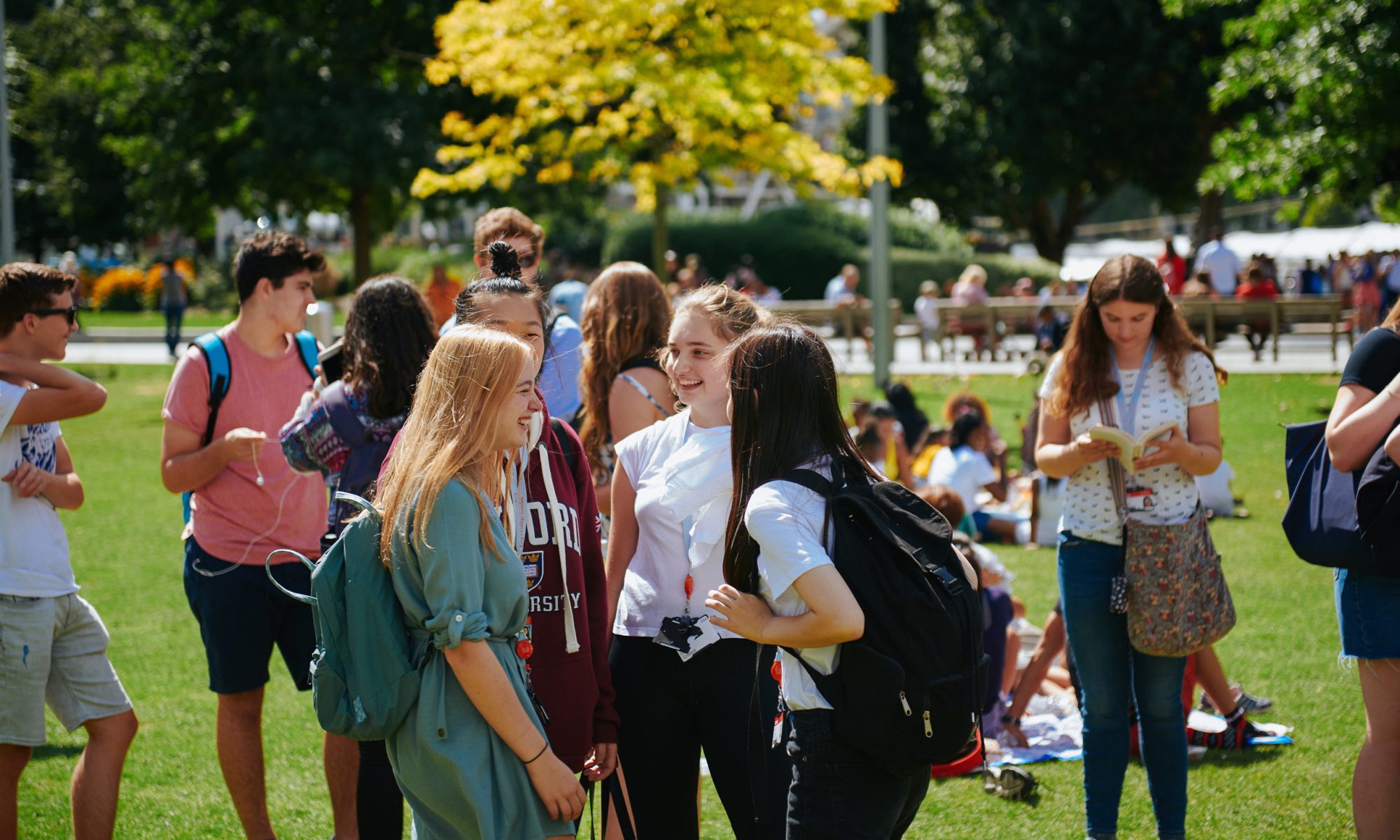
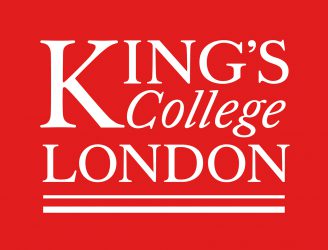
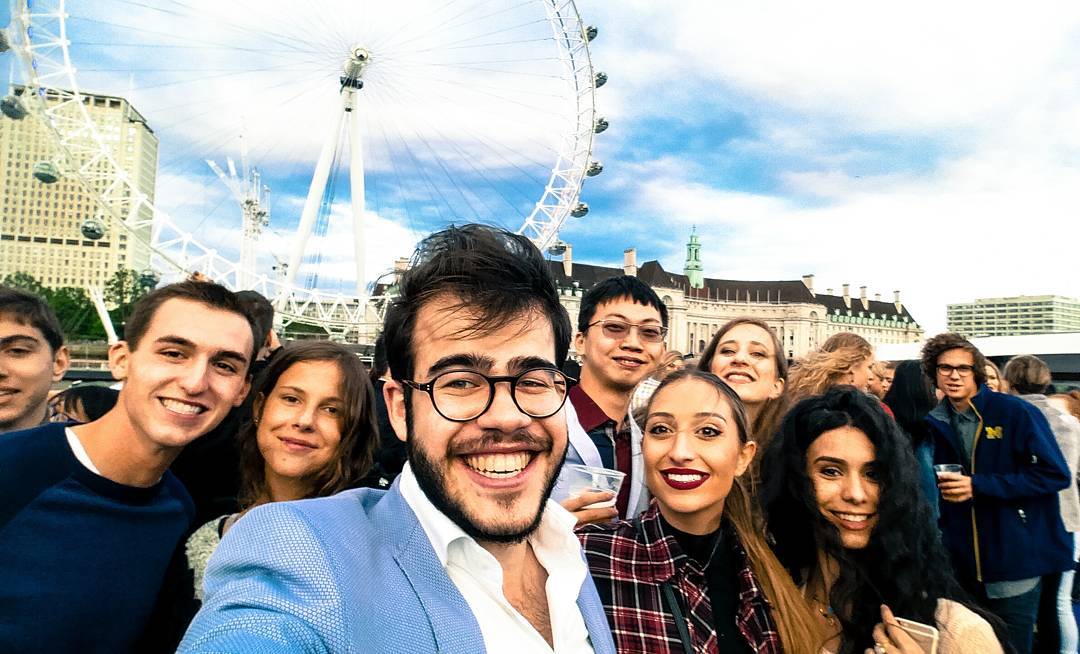
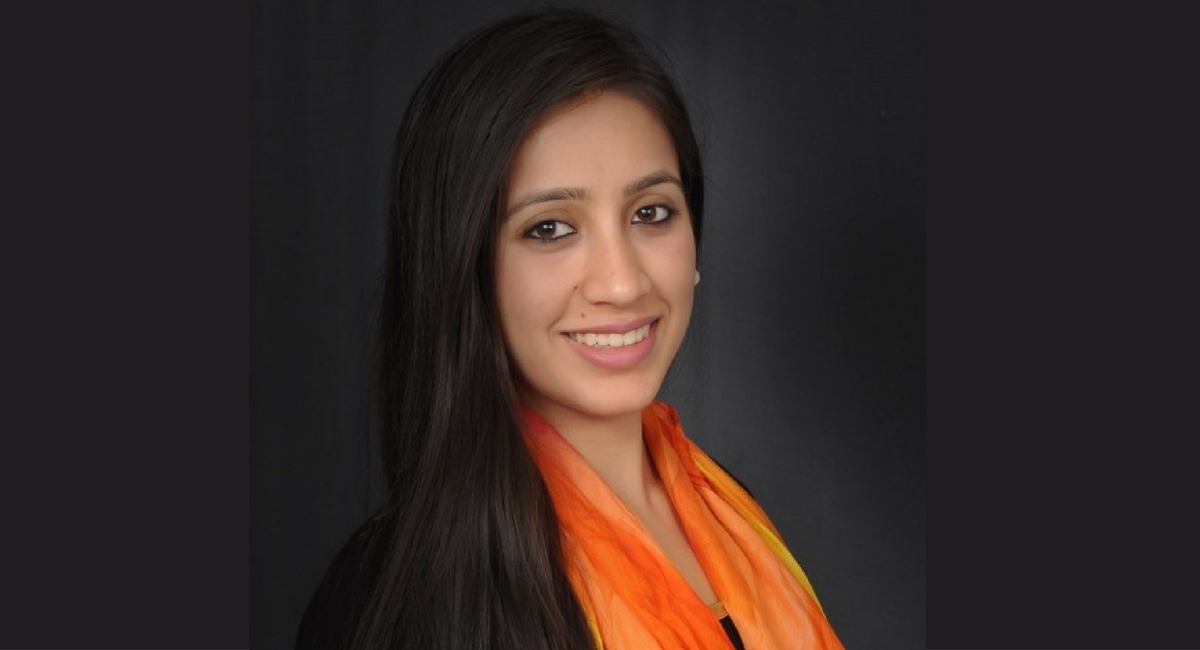

 If you have entered our competition please do keep a look out on our social media pages, as well as this blog, as we will be announcing the winner over the coming weeks. Good luck to everyone who entered!
If you have entered our competition please do keep a look out on our social media pages, as well as this blog, as we will be announcing the winner over the coming weeks. Good luck to everyone who entered!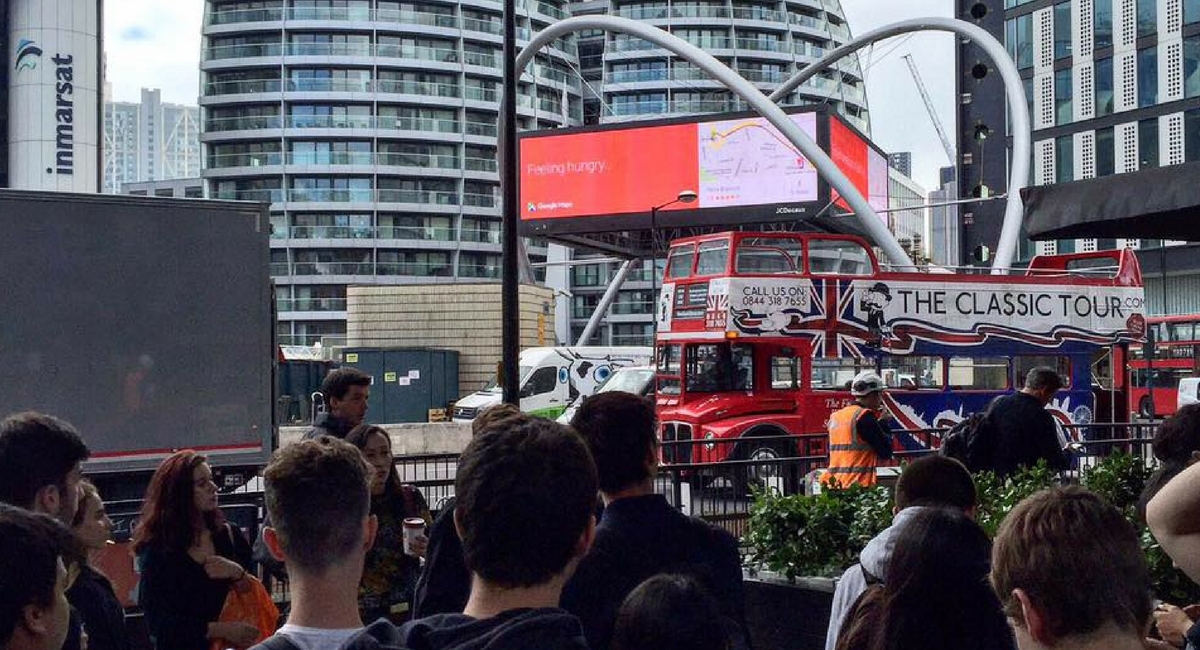
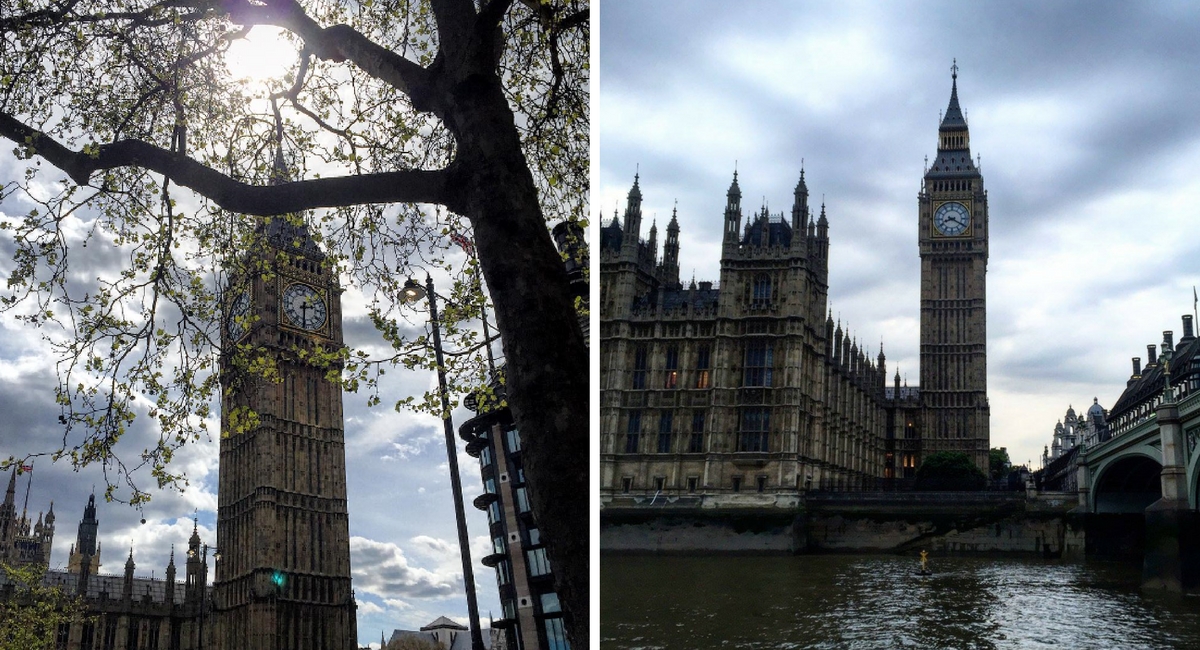
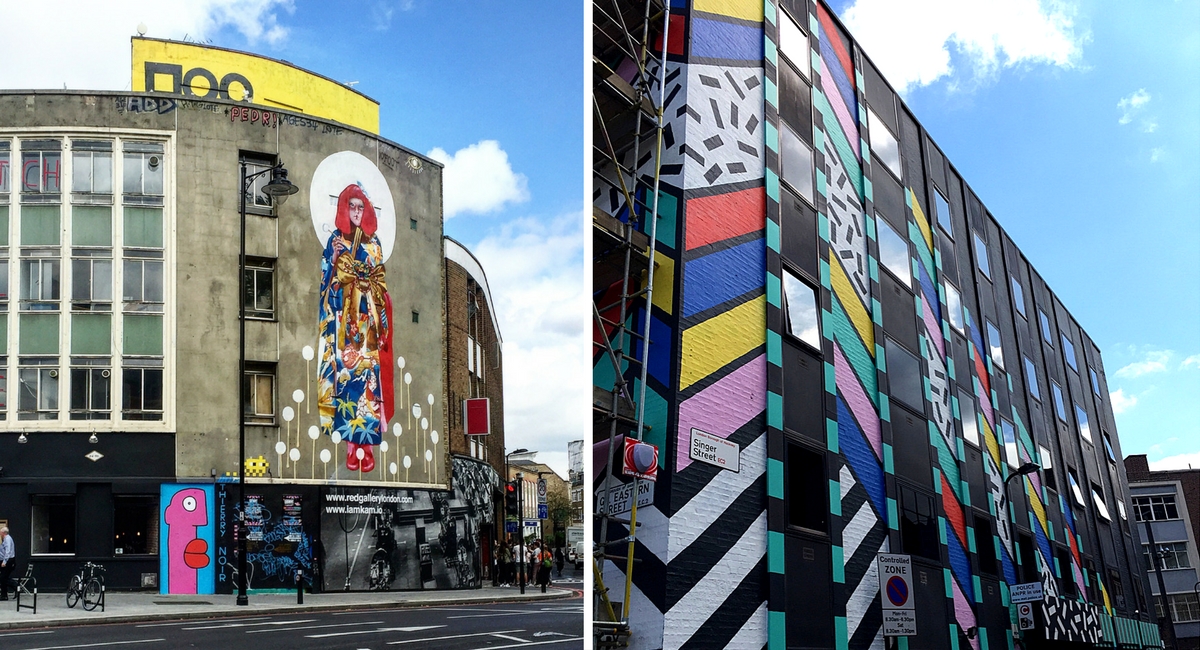
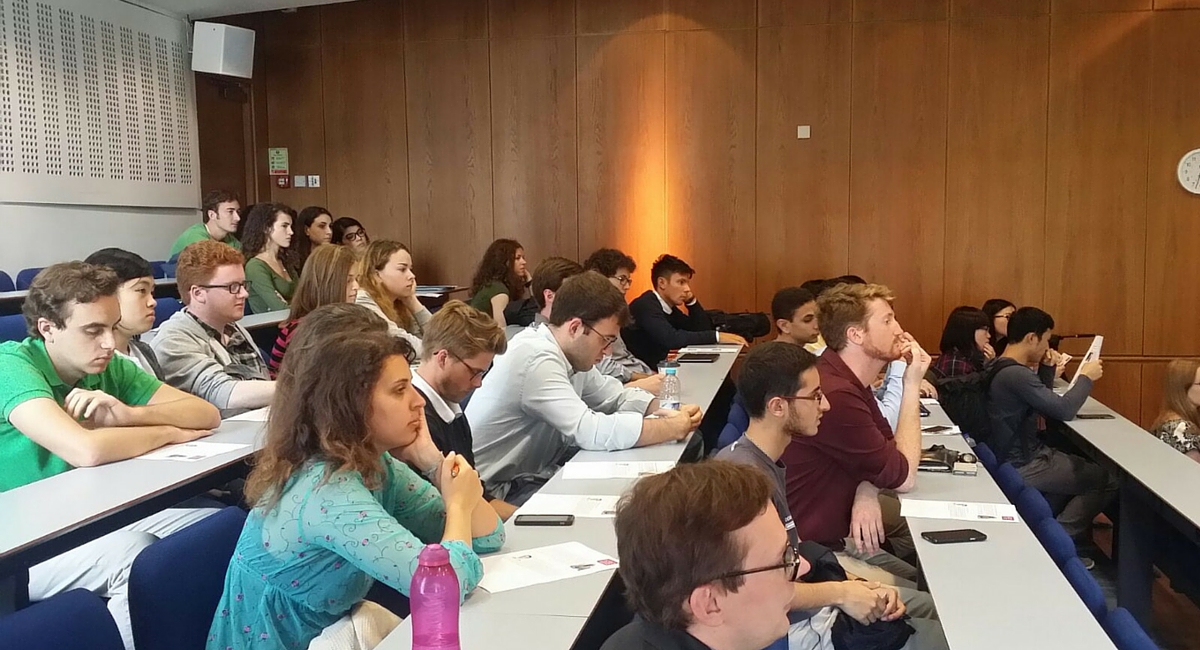 During Session One of the
During Session One of the 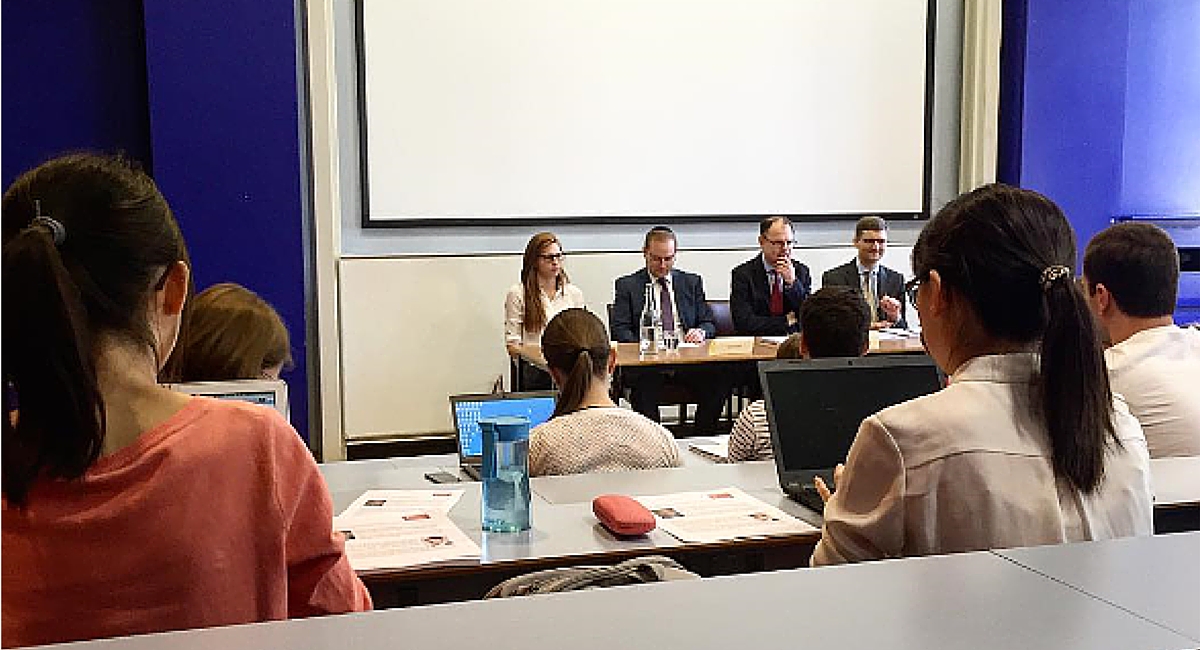
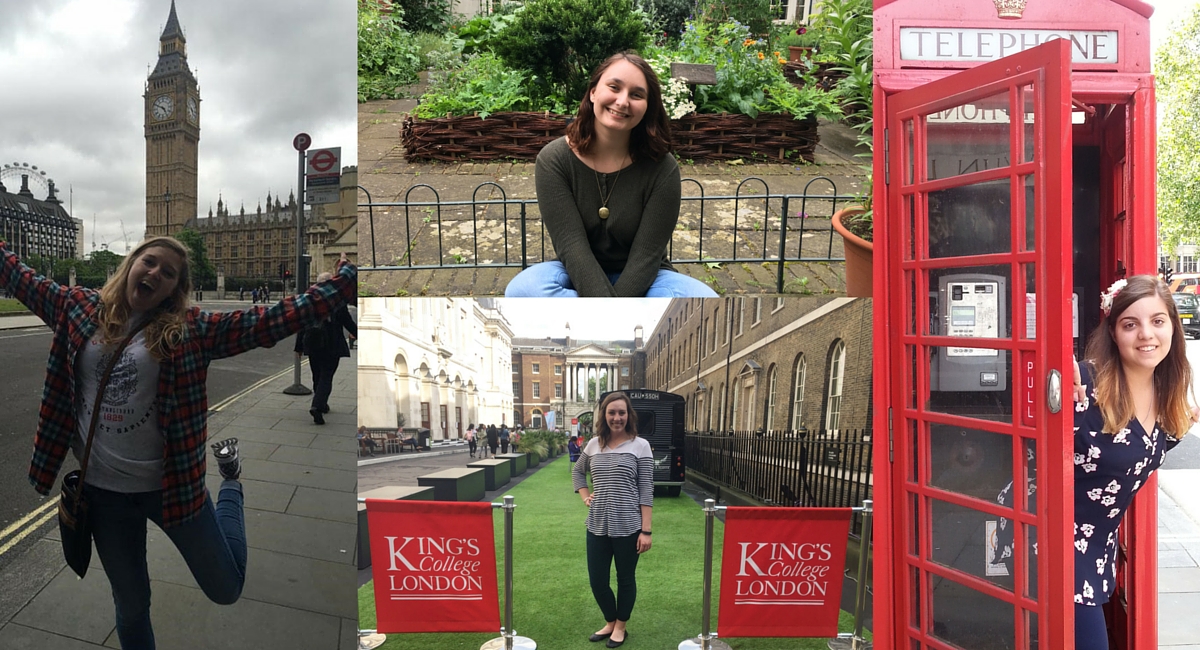
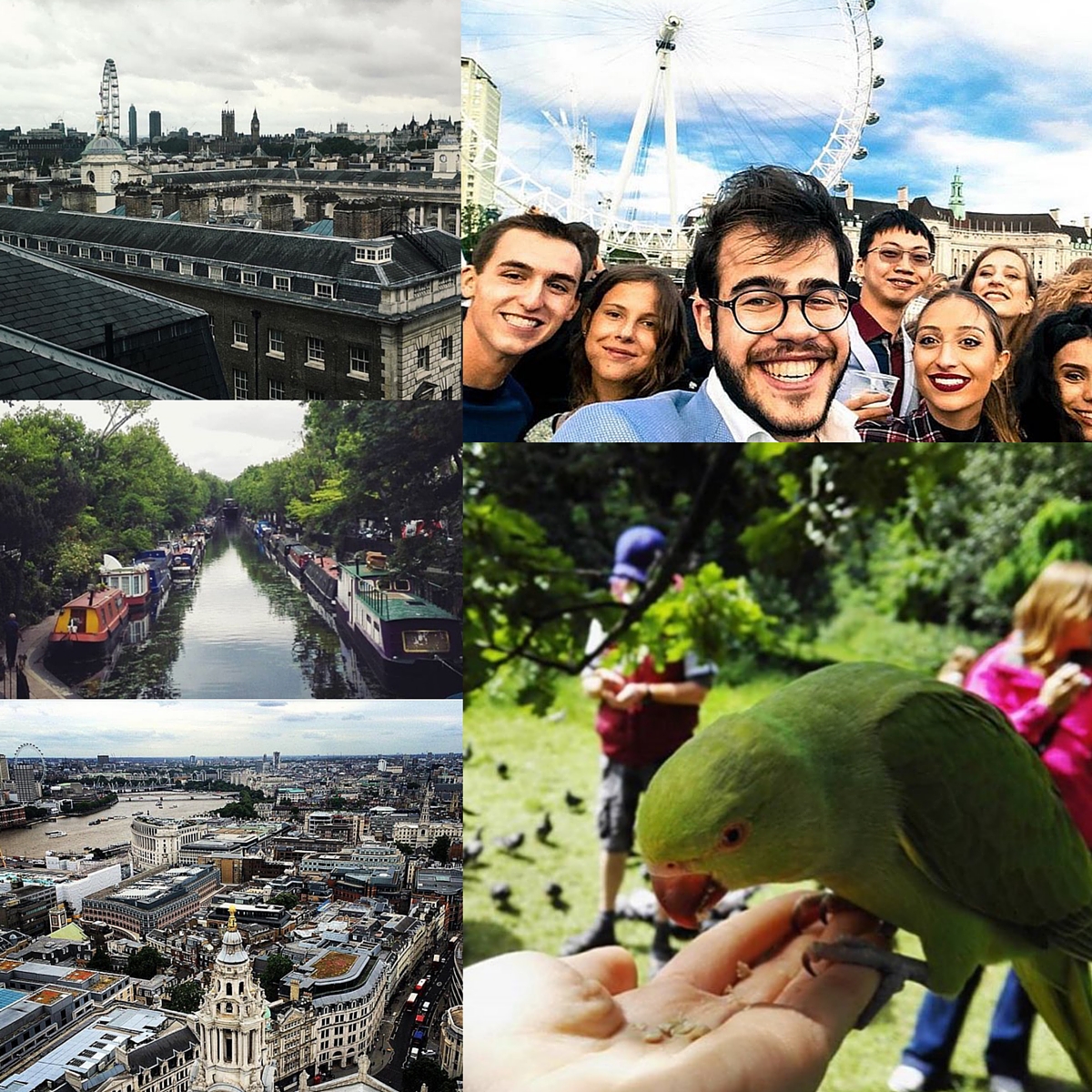
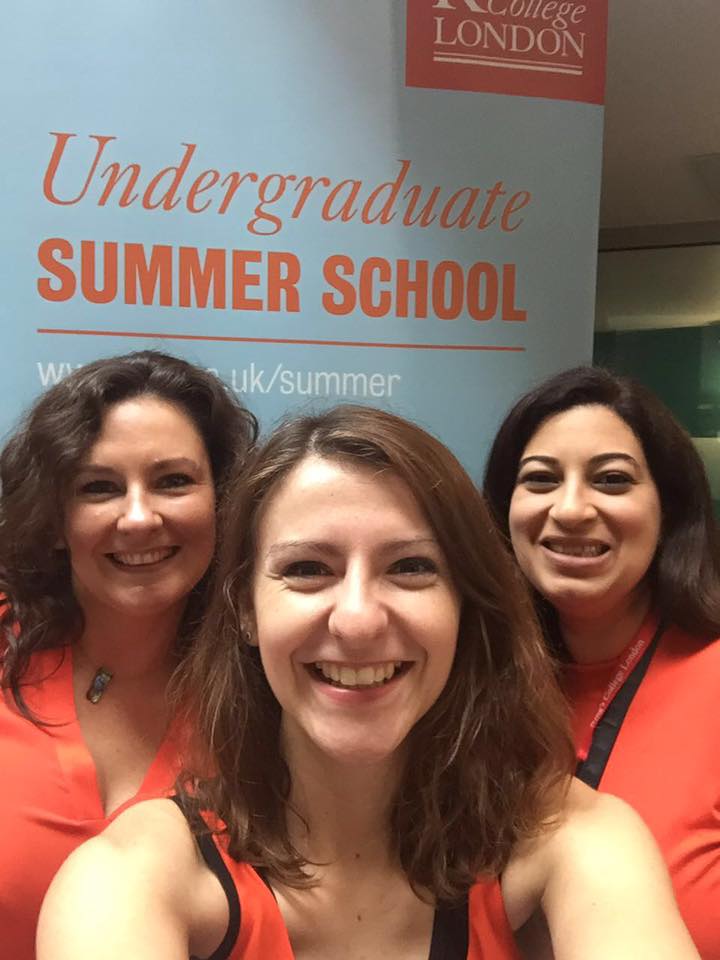
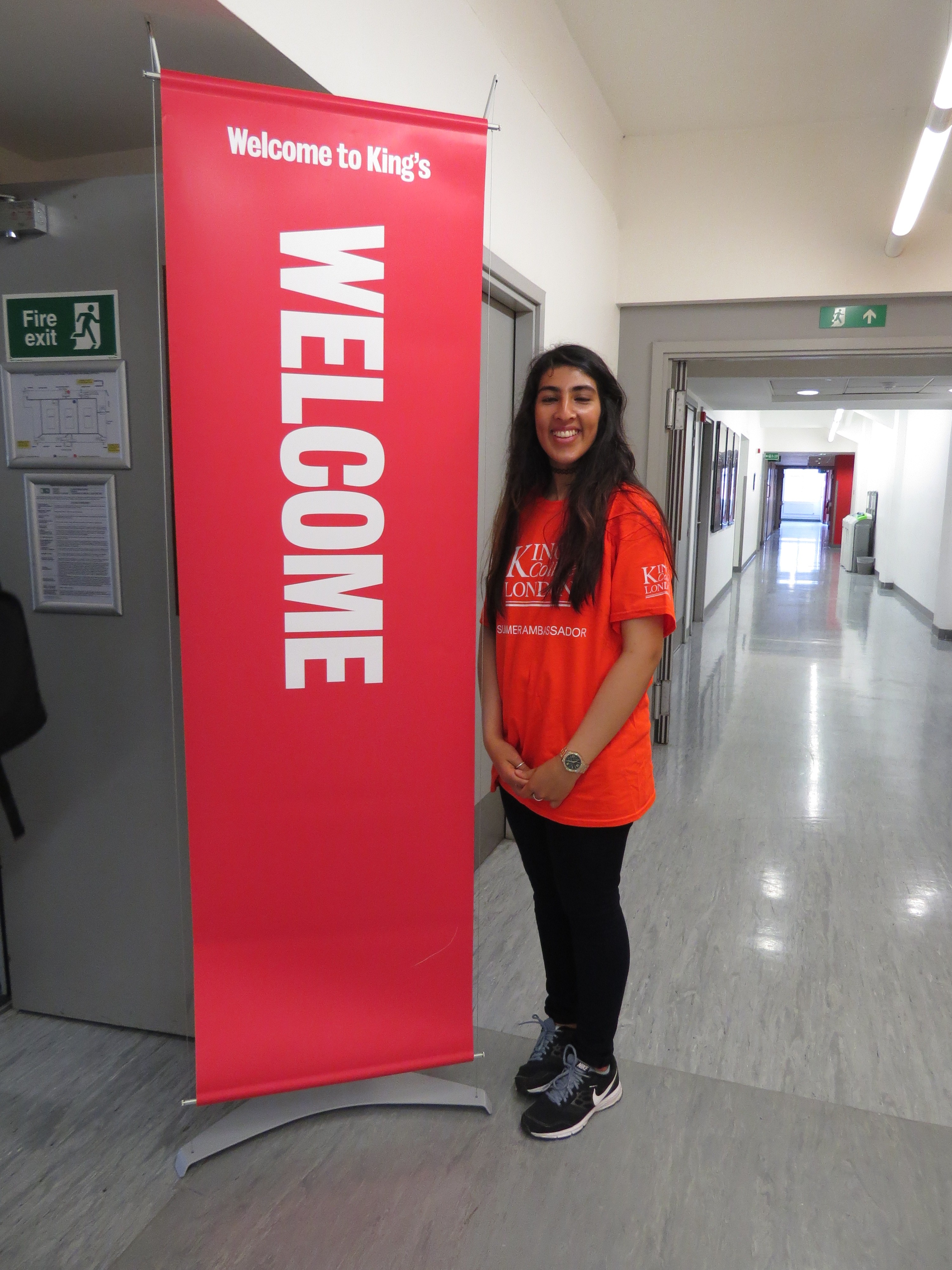

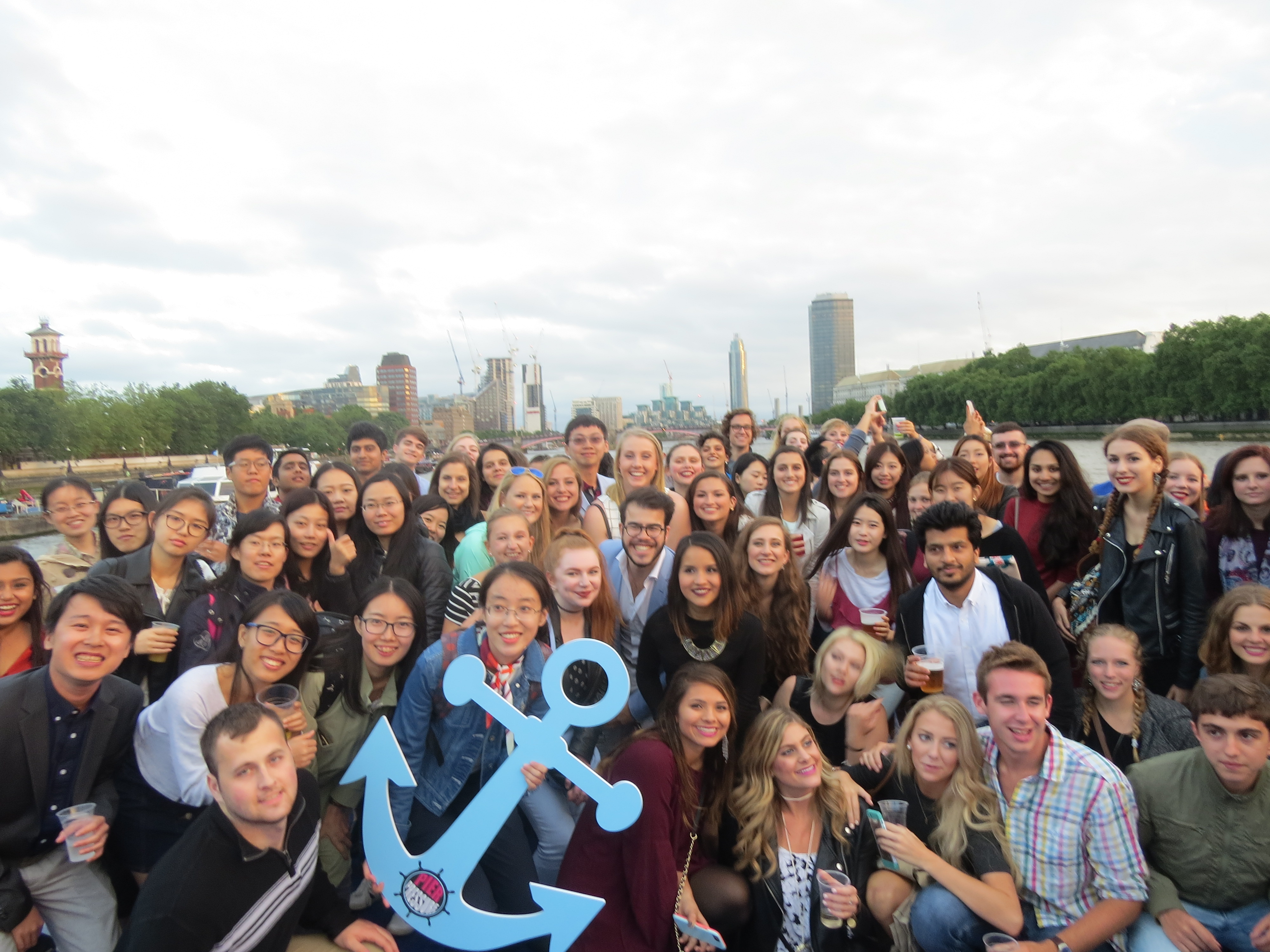
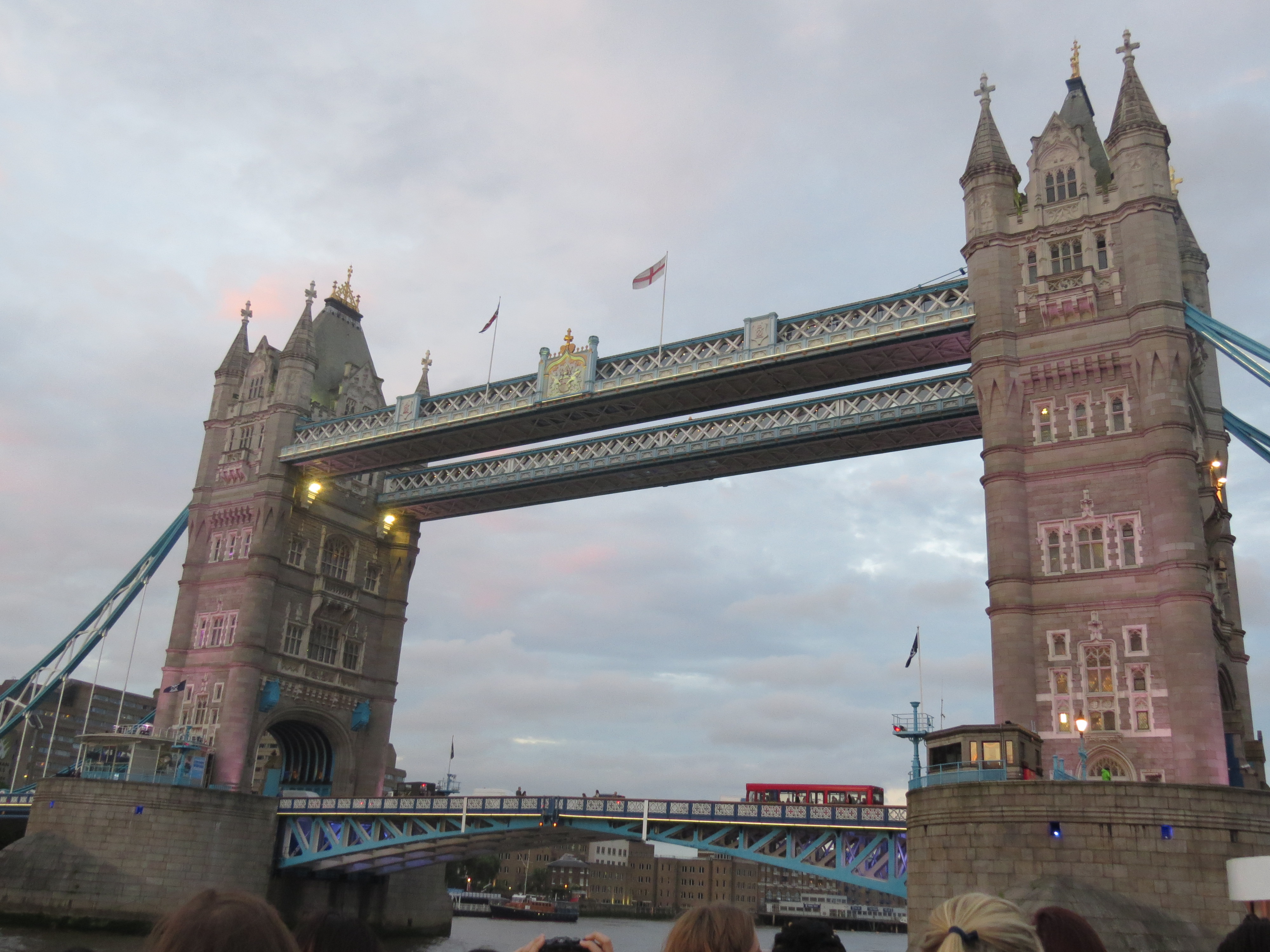
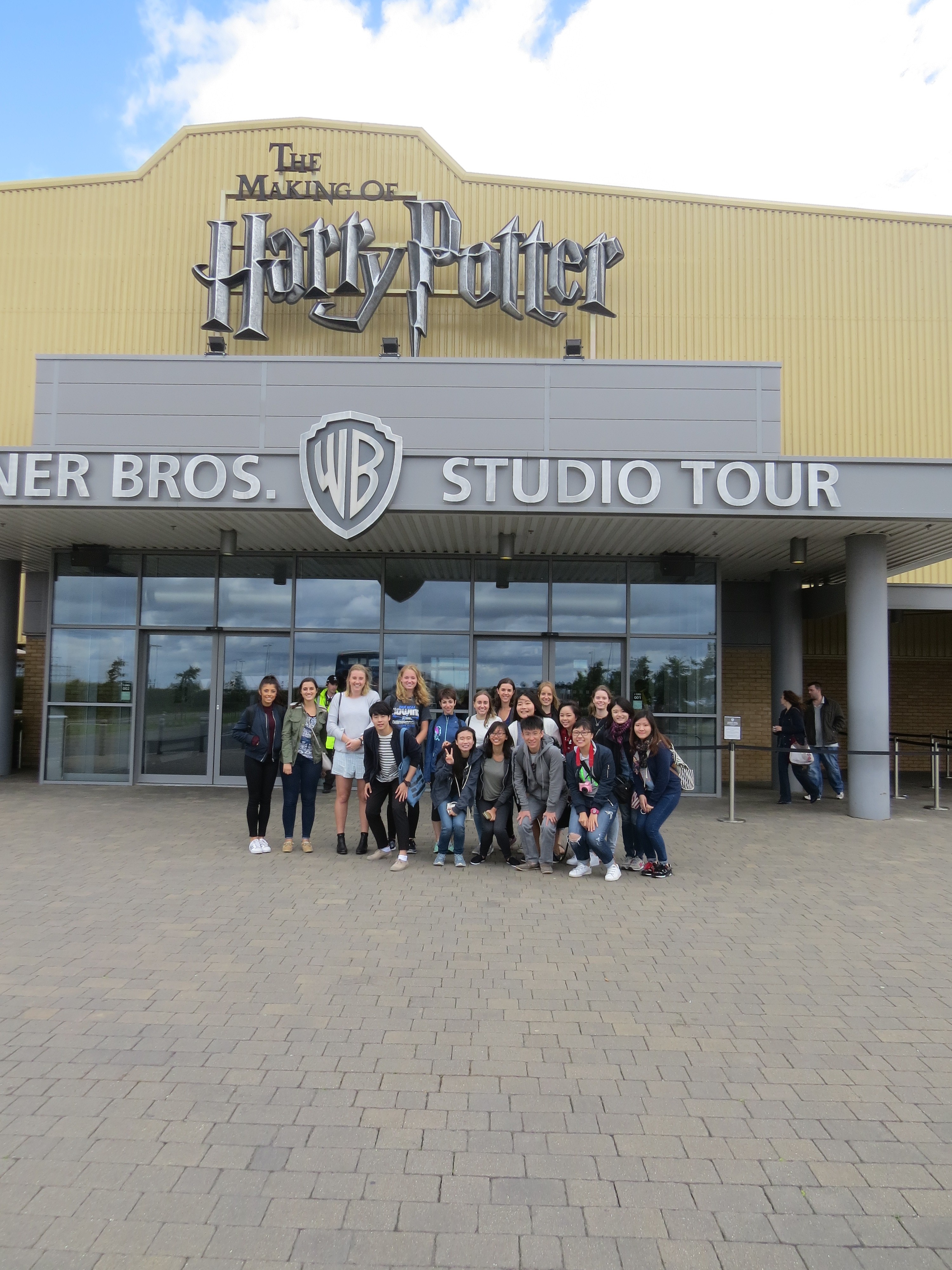
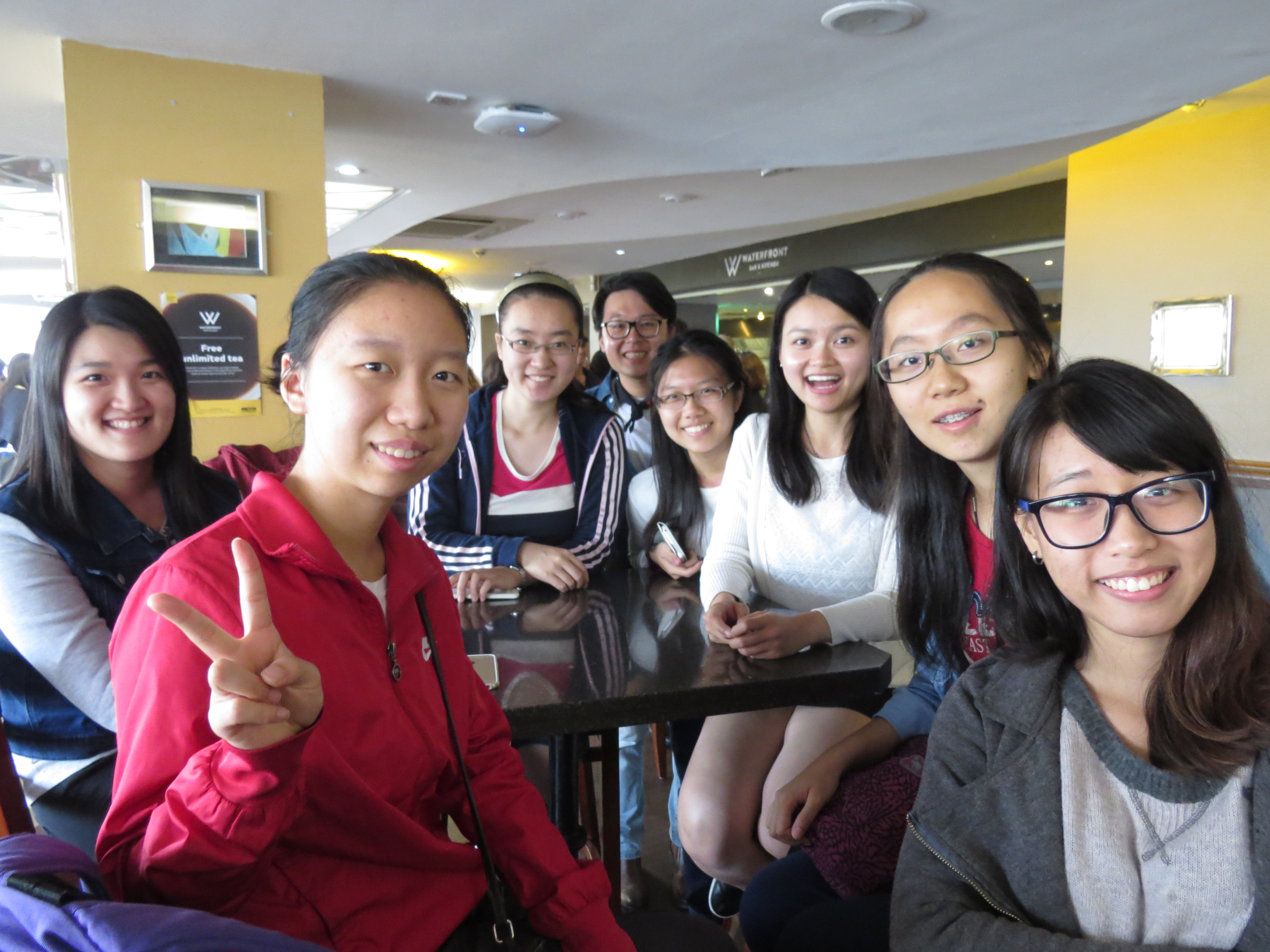
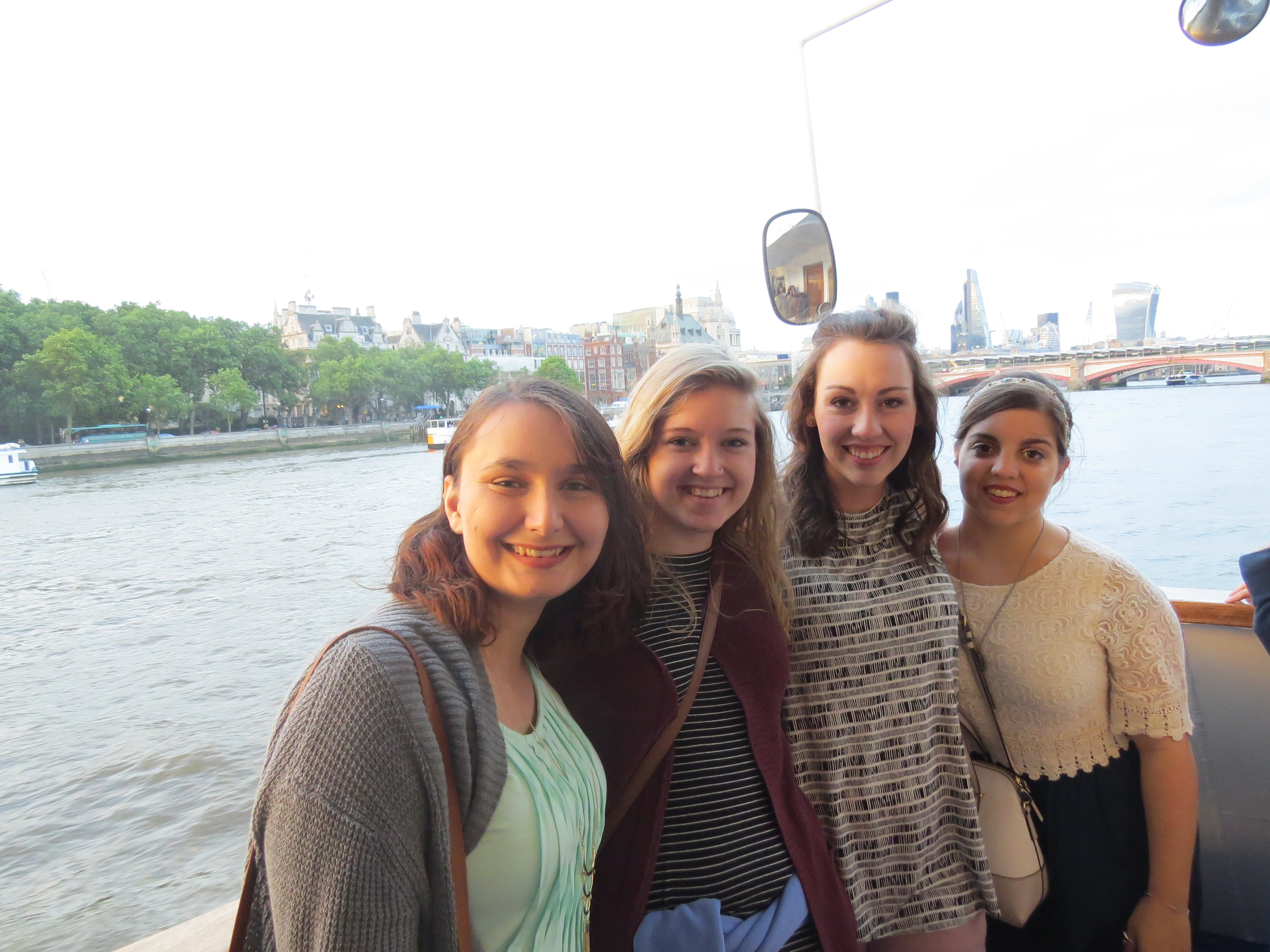
 My name is Chih-I. When I was a
My name is Chih-I. When I was a